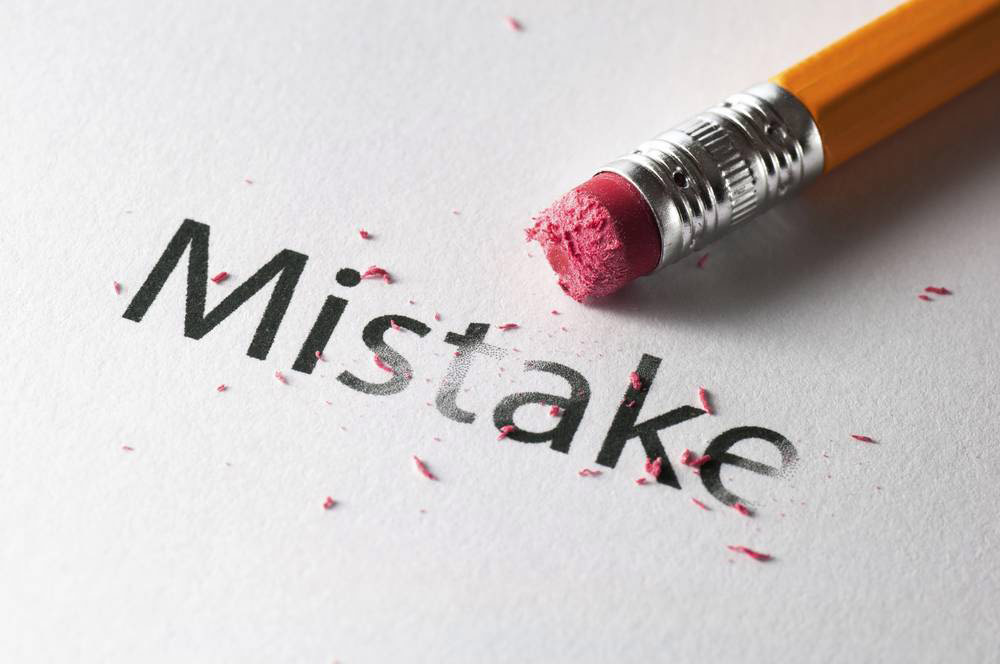Writing a business plan is an important part of your entrepreneurial journey. In our experience, it’s also one of the most challenging things for a new business owner to do. It takes a lot of time, research, feedback, and iterations to put together a realistic plan that you can work from. And, when you haven’t had a lot of experience creating a business plan, you might miss a few things. This week, we’re looking at some of the common mistakes new business owners make when working on their business plans.
Allowing Fear to Stop You
The thought of writing a business plan can be intimidating. It’s daunting to organize your thoughts and data into a clear and concise plan, especially when you’re in your business every day. Putting your plans down on paper might feel like you’re committing to something that has so many unknowns. For many people, this fear stops them from completing their business plan, and sometimes even stops them from starting it.
Having Unrealistic Expectations
I’ve seen a lot of new business owners put together plans that expect their business to grow quickly with limited investment. The reality is that a business takes a lot of time and effort to get off the ground and gain traction in the market. Depending on the industry and type of business, it can take years of work and additional capital before a business is able to pay the owner a reasonable wage and still be self-sustaining. As you write your business plan, check your expectations so you aren’t putting too much pressure on your business and, in turn, on yourself.
Trying to Use Someone Else’s Plan
With the internet, you can find lots of templates for writing a business plan and even sample business plans written by others in your industry. While these can be good starting points for understanding what goes into a business plan and some assumptions for your industry, it’s important to remember there’s no one-size-fits-all for a business plan. You have your own set of unique motivations, vision, goals, stage of business, and needs for the business plan. Your business plan is first and foremost a roadmap for you, and the best roadmap for you is usually the one you chart out yourself.
Not Doing Enough Market Research
The assumptions in your business plan need to be grounded in research. Collect the data and look at what has happened in your business so far. Also, do as much research as you can on your industry, looking at the behavior of your primary customers, the size and trends of that market, the other players in that market and what they are doing, and where your customers go to get information about products or services like yours. Use a combination of your own customer discovery and industry research to back up your assumptions on how you will grow sales.
Hiding Your Risks and Weaknesses
It’s important for you to understand the risks in your business, as well as your own weaknesses as an entrepreneur. A good business plan will include strategies for addressing the risks and weaknesses. This might mean outlining how you will deal with the risks of gaining market traction as a new business through different marketing and sales tactics. Or, it could be addressing how you will deal with the weakness of being understaffed by hiring employees in certain positions to take the load off you.
Saying Too Little or Too Much
Your business plan is a high-level overview of what you’re doing now and what you plan to do in the future to grow your business in alignment with your mission, vision, values, and goals. It needs to have enough information for you and others to have clarity on what the business does, where it is heading, and how it will operate. Yet, it shouldn’t have all the nitty gritty technical details of how you will get everything done on a day-to-day basis.
Focusing on Perfection
Building a business is a messy, non-linear process – filled with making assumptions, testing those assumptions, and learning what works and what doesn’t. Your business plan is the document that states those major assumptions. Because of that, it’s never going to be perfect and sometimes it’s going to be wrong. Instead of focusing on creating the perfect business plan, focus on coming up with realistic assumptions that you can test, measure, and learn from.
Want more information on this topic? Check out our in-person courses, online classes, networking events, and business advising to help you plan your business.

